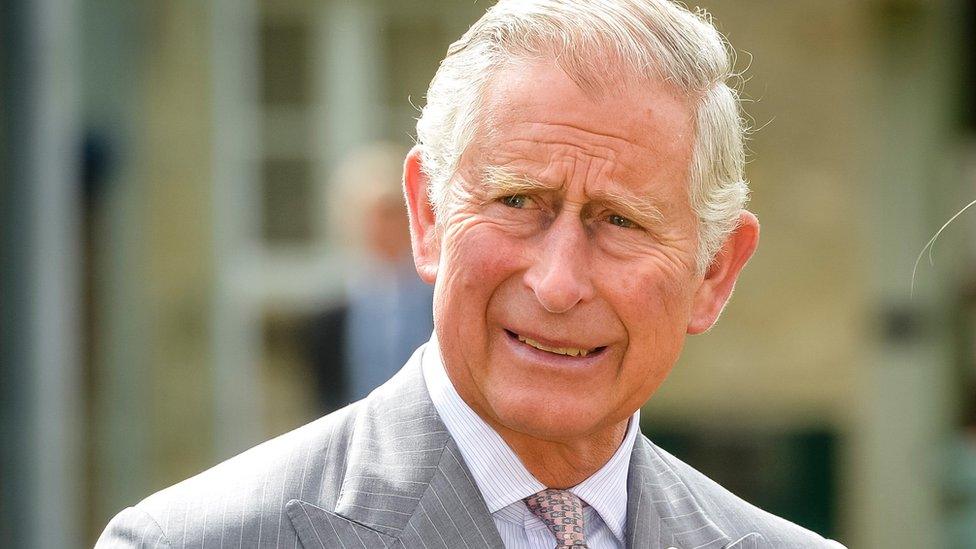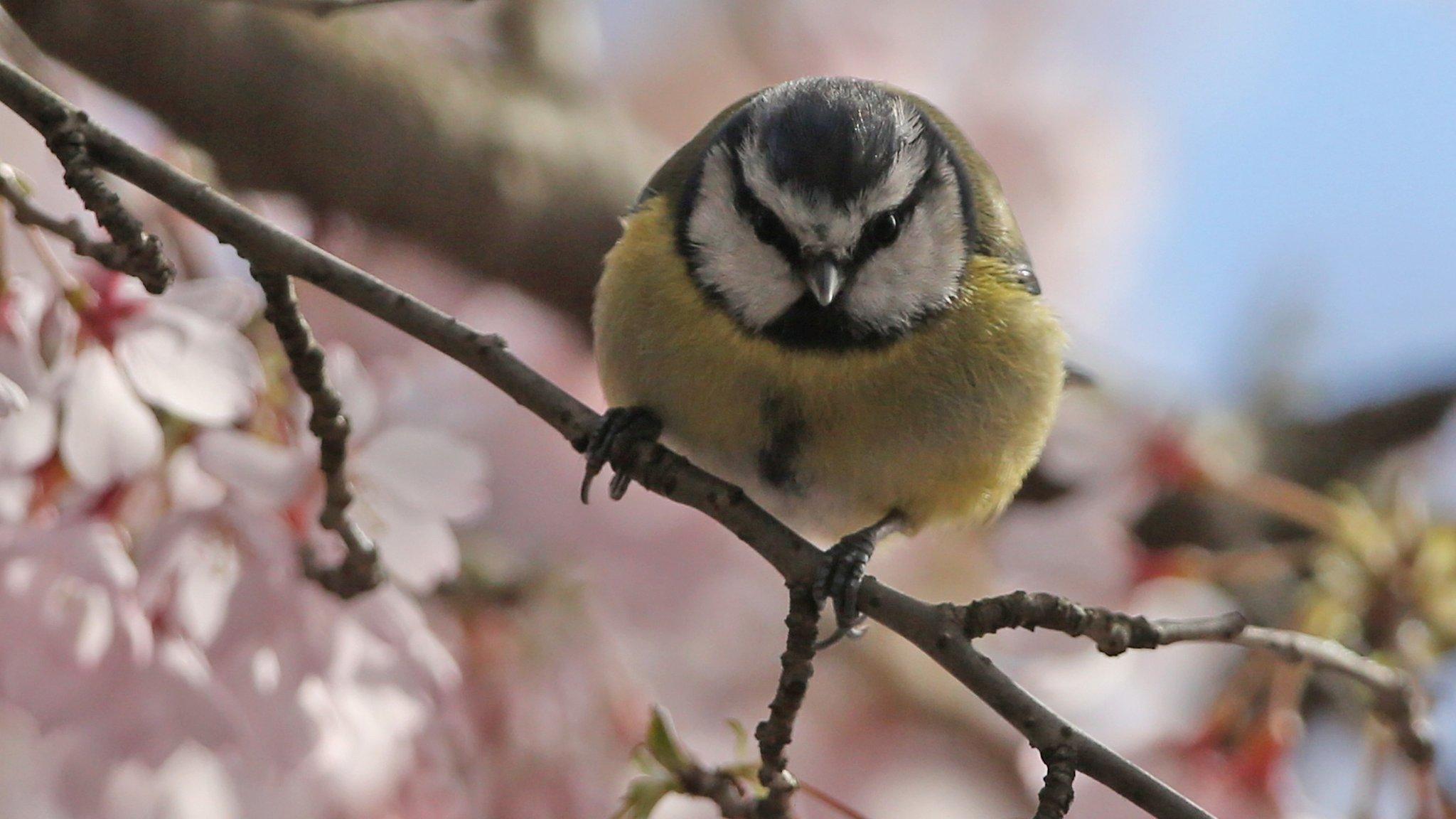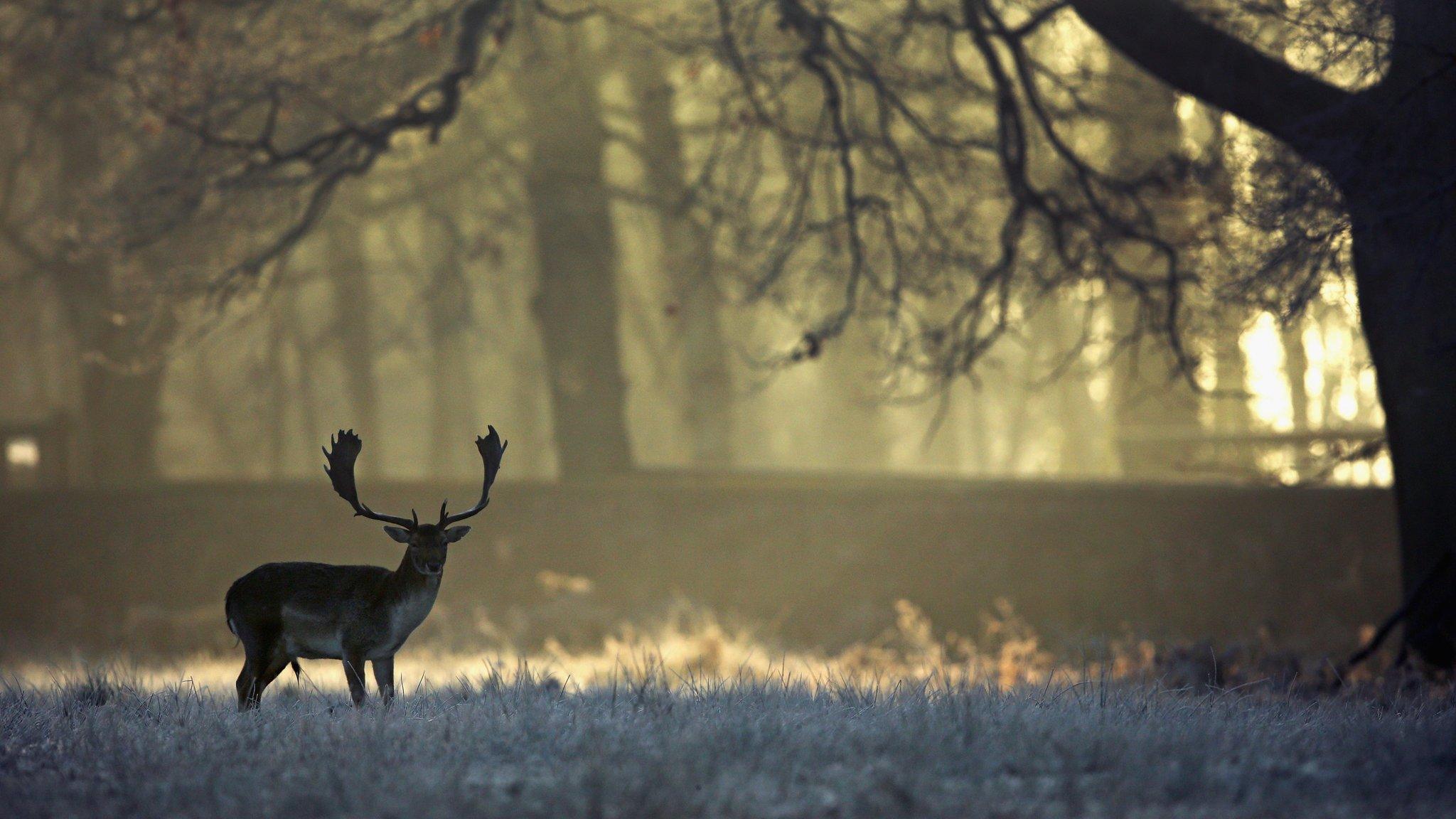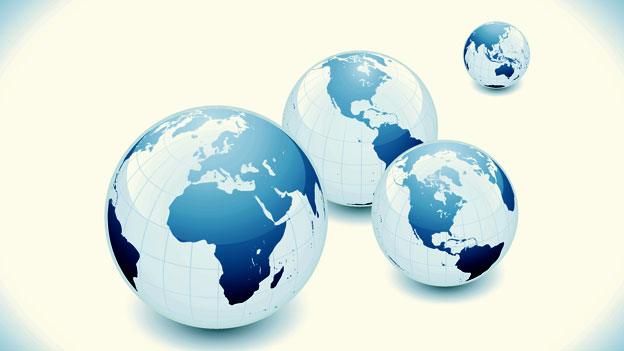Time to act on natural capital is now, says Charles
- Published

Prince Charles has lamented the "economic invisibility of nature" and called on business leaders to act now to save the world's natural capital.
In a video message to a global gathering in Edinburgh, the Prince of Wales warned of a failure to "run the global bank that we call our planet in a responsible and competent manner".
He urged delegates to "act now before it is too late".
The Prince was speaking at the World Forum on Natural Capital.
"I think there is an urgent need for collaboration, sharing of knowledge and a drive to do things differently," he added.
Speaking as patron of the Scottish Wildlife Trust, which organised the two-day event, Prince Charles said: "The value of the planet's ecosystems and biodiversity has not been taken into account fully and consistently in our decision-making systems.
"We are facing what can only be described as a cataclysm of events which pose a real threat to our survival."
Natural assets
Natural capital describes the planet's stocks of natural assets, such as soil, air, water and all living things.
Numerous high-profile reports and studies have identified the range of vital services the natural world provides, such as clean air and clean water.
However, these stocks are being depleted at an unsustainable rate and the situation is set to worsen amid a growing global population and projected climate change.
The forum's co-founder and chief executive of the Scottish Wildlife Trust, Jonathan Hughes, observed: "This is not just an ecological tragedy but it is a social and economic tragedy as well.
He added one of the motivations for organising the forum, the second of its kind, was to raise awareness of the issues and challenges facing natural resources and wildlife.
"Secondly, we wanted business and governments to act quickly so we wanted to turn the debate around the concept of natural capital into practical tools that business and governments can implement and make a difference that traditional nature conservation has failed to do over the past 50 years," Mr Hughes told BBC News.
The opening address to 500 delegates from more than 40 nations was delivered by Scotland's First Minister, Nicola Sturgeon.
She said it was not a surprise that there was a growing interest around the globe in the concept of natural capital.
She said: "This year, more than any other, exemplifies why that is of such profound importance.
"Over the summer… Scotland became one of the first countries in the world to publicly pledge to implement the (United Nations) global goals on sustainable development.
"The goals set out a plan of action for people and the planet," Ms Sturgeon observed.
"They start from the premise, the right premise in my point of view, that eradicating poverty in all of its forms… is an indispensable requirement for sustainable development.
"Protecting the resources that we all depend on is a crucial part of that."
'Greenwash' criticism
However, she did acknowledge that there were a "range of views around the valuation of natural capital and the involvement of business".
In the build-up to the event, some environmental campaigners accused the organisers of the forum of helping a number of big companies with a history of environmental pollution to "profit from greenwash".
Mr Hughes told BBC News that there was a place within the environmental movement for "placards and banners but the movement also needs to be prepared to work constructively with government and business".
"Scottish Wildlife Trust likes to focus on solutions," he added.
"Only through working with business and governments and making them part of the solutions can we expect to tackle some of the critical challenges facing us."
Many of the speakers made the link between natural capital and climate change, particularly the forthcoming key UN summit in Paris.
Inger Andersen, director-general of the International Union for Conservation of Nature (IUCN), told delegates: "On the eve of, potentially, the single largest agreement in Paris, we all have to remind ourselves what is at stake.
"I want to remind you that even with the two degree limit, which will be very hard to reach, that will have very severe impacts on our planet and our ecosystems.
"The story of how we deal with natural capital becomes all the more important. Natural Capital is our single, greatest ally as we try to defend vulnerable communities from the onslaught of more frequent storms, flood and drought."
Delegates were being invited to sign a letter that called on world leaders attending the Paris summit to recognise that tackling climate change could not be achieved unless the loss of the world's natural capital was halted.
"What we are saying is protection of natural capital is a prerequisite for tackling the climate crisis," Jonathan Hughes explained.
"The Intended Nationally Determined Contributions, which the governments from around the world are taking to Paris, [reveal that] a lot of the emissions are from land-use change and land-use degradation.
"So we cannot solve the climate crisis without solving the biodiversity crisis."
- Published11 June 2015

- Published27 January 2015

- Published16 June 2015

- Published21 March 2012